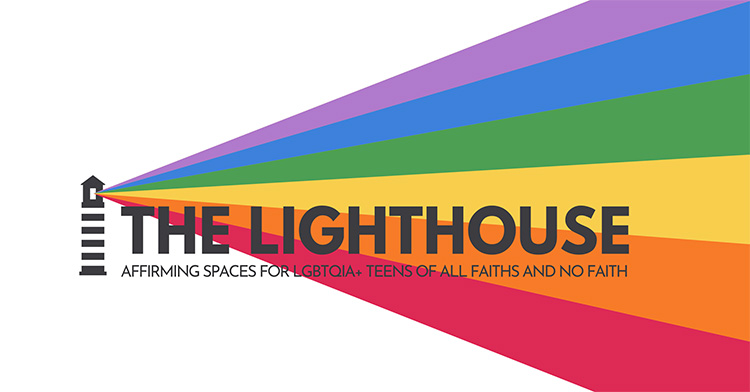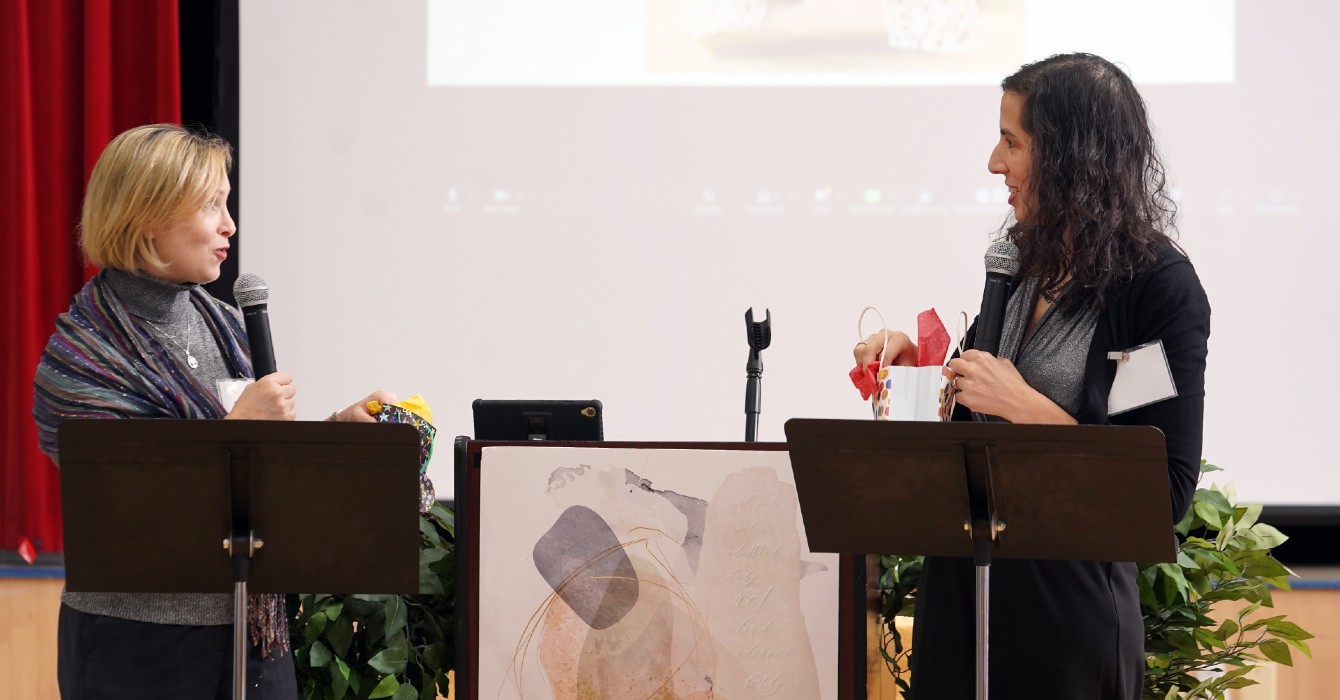Editor's note: Scroll down for the quiz.
Restless youth seeking to forge their own identities are a demographic group that religious communities will always have with them.
And whether it is a 19th-century evangelist warning about dance halls or moonlit buggy rides down the wrong path or a 21st-century prophet relying on anecdotal evidence to proclaim a generation “spiritual but not religious,” there will be no shortage of alarms sounded about the future of religious belief.
Yet, amid the temptations of sweeping simplistic answers, there is an impressive, growing body of contemporary research that religious leaders can turn to for guidance on how to reach the next generation.
It will not be easy. It never has been. Young adulthood is a time of transition and freedom during which religious practice is one of many life choices competing for attention.
Religious participation increases with age and family status, notes sociologist Mark Chaves of Duke University, and part of the reason today’s young adults are even less likely to participate in congregations is they are more likely to marry later and be childless than earlier generations.
The “age effect” is not the only challenge facing congregations. Declines in attendance among mainline and Catholic young adults go beyond what one would expect from their age group.
Yet there are also many signs of hope that puncture popular generalizations that the current generation is alienated from organized religion or, in pop-culture speak, “spiritual but not religious.”
In fact, several major national studies show that the core faith of young Americans has changed little in the last four decades.
In the Panel Study of American Religion and Ethnicity led by researchers at Rice University and the University of Notre Dame, more than half of respondents ages 18-29 said religion or religious faith was very important, extremely important or the most important part of their lives.
Only 14 percent of respondents in this age group, compared with 11 percent of all respondents, said religion was not important. Eighty-two percent of young adults said they believe God loves them and cares about them, the same percentage as the overall response.
If one is looking for significant differences in the beliefs of young people today compared with earlier generations, “It’s just hardly there,” said Michael Emerson of Rice, a director of the religion panel study.
Nor is there evidence that they are alienated from organized religion. In the National Study of Youth and Religion, 72 percent of young adults said they had positive feelings about the religious tradition in which they were raised. And nearly half of the young adults in the religion panel study said they would like to attend worship services more often.
College, once thought of as weakening the faith of young people by creating sources of doubt, is now shown in several studies to have little effect or even a positive effect on religiosity.
All of this is not to say there are quick solutions to getting young adults back into churches, mosques and synagogues.
Some approaches attempted by denominations -- seeking to attract youth by emphasizing social action programs -- have little chance of success with a generation that is not particularly altruistic and has a plethora of nonreligious volunteering opportunities.
So too a great deal of research shows that trying to appeal to young adults by proclaiming how open a religious group is to all beliefs often has the opposite effect, because it reinforces a culture where truth and moral values are relative and religious organizations are irrelevant.
Examining results from the National Study of Youth and Religion in their book “Souls in Transition: The Religious and Spiritual Lives of Emerging Adults,” researchers Christian Smith and Patricia Snell of the University of Notre Dame identify factors that do predict high levels of religious commitment. They include frequent prayer and Scripture reading, personal religious experiences, highly religious parents, and caring and supportive adults in congregations.
Adult involvement, in particular, should not be underestimated, they say.
“The question is never whether adults are engaged in religious socialization, but only how and with what effect they are doing so,” Smith and Snell said.
No slogan or appeal empty of religious substance will have young adults knocking down the doors of houses of worship. But the hard work, starting at an early age, of integrating young people into communities where they are nurtured, cared for and given spiritual direction makes a difference.
This generation is open to being spiritual and religious.







